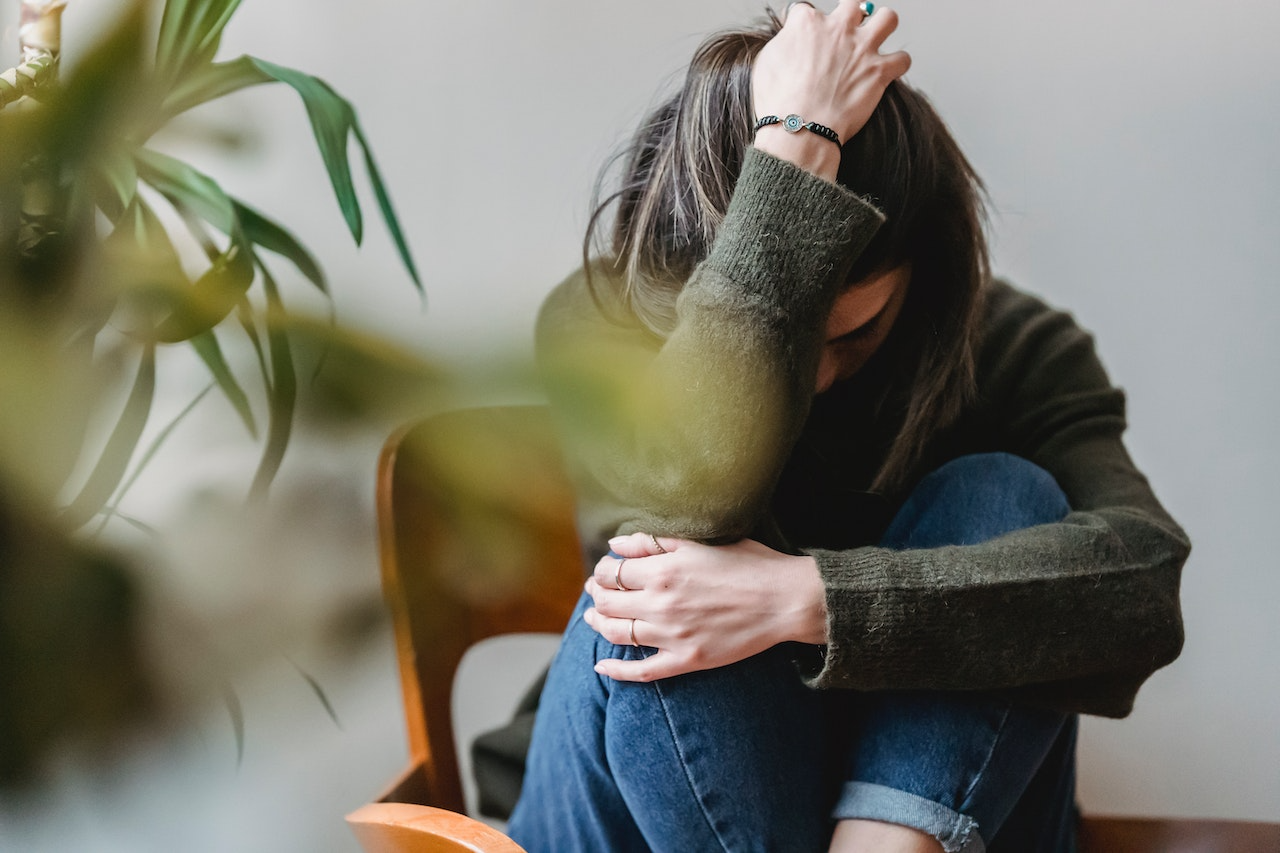Effective Strategies for Managing Everyday Anxiety
Anxiety is a common human experience that can affect us all from time to time. Whether it’s work-related stress, personal concerns, or even the challenges of daily life, managing everyday anxiety is essential for maintaining mental well-being. In this article, we will explore effective strategies that can help individuals cope with and alleviate the effects of everyday anxiety. By incorporating these strategies into your routine, you can foster a sense of calm and improve your overall quality of life.
1. Understanding Everyday Anxiety
Anxiety is a natural response to stress, alerting us to potential threats. However, when anxiety becomes chronic, it can hinder daily functioning and well-being.
2. The Impact of Chronic Stress
Chronic stress contributes to heightened anxiety levels. It’s crucial to recognize the signs and implement strategies to manage stress effectively.
Chronic stress is like an unwelcome guest that overstays its welcome, wreaking havoc on both our mental and physical well-being. When stress becomes a constant companion, it can lead to a cascade of negative effects. From sleep disturbances and mood swings to weakened immune responses, chronic stress takes a toll on every aspect of our lives. It’s not just a fleeting feeling; it’s a chronic state that demands attention. Understanding the far-reaching impact of chronic stress is the first step in taking control of your anxiety and finding effective ways to manage it.
3. Prioritizing Self-Care: Mind and Body
Self-care plays a pivotal role in anxiety management. A balanced diet, regular exercise, and adequate sleep contribute to emotional resilience.
Effective Strategies for Managing Anxiety
In a world where everyday challenges and responsibilities can sometimes feel overwhelming, finding ways to manage anxiety has never been more crucial. Whether it’s the anticipation of an upcoming event or the pressures of modern life, anxiety is a common companion for many. However, the good news is that there are numerous effective strategies that can help you navigate these feelings and regain a sense of control. From mindfulness techniques to practical lifestyle adjustments, here are a comprehensive array of methods designed to empower you in your journey toward managing anxiety and fostering emotional well-being.
The Power of Breathing Exercises
Breathing exercises offer instant relief. Practice slow and relaxed breathing to activate the body’s relaxation response, calming both the mind and body.

Mindfulness Meditation: Finding Inner Peace
Mindfulness meditation cultivates present-moment awareness, reducing excessive worry about the past or future. It promotes a sense of calm and mental clarity.
Unplug from the Digital World
Constant digital exposure contributes to anxiety. Set aside dedicated time to disconnect from screens and engage in offline activities.
Stay Active: Exercise and Anxiety
Regular physical activity releases endorphins, natural mood elevators that soothe anxiety. Incorporate exercise into your routine for a positive impact on mental health.

Connecting with Nature
Spending time in nature enhances well-being. Nature’s tranquility and beauty offer a soothing escape from everyday stressors.
Amid the hustle and bustle of our daily lives, nature stands as a serene oasis, offering solace and respite from demands and responsibilities. Research shows that spending time in natural surroundings can have profound effects on reducing anxiety and stress. The rustling of leaves, the calming lull of flowing water, and the beauty of natural landscapes have an innate ability to soothe our minds and restore balance to our emotions.
Whether it’s a leisurely walk in the park, a hike in the mountains, or simply sitting under a tree, connecting with nature provides a powerful antidote to the fast-paced world we inhabit.
Cultivating a Strong Support System
Social connections provide emotional support. Nurture relationships with friends and family members who uplift and understand you.
Practicing Gratitude: Shifting Focus
Focusing on gratitude shifts attention away from worries. Regularly acknowledge the positive aspects of your life to foster a more optimistic outlook.
Creative Outlets for Expression
Engaging in creative activities like art, writing, or music provides an outlet for emotional expression. It helps process feelings and reduces anxiety.
Limiting Caffeine and Alcohol Intake
Excessive caffeine and alcohol intake can exacerbate anxiety. Moderation or avoidance of these substances can lead to improved emotional balance.
Professional Help and Therapy
Seeking professional help is a sign of strength, not weakness. Therapists can provide coping strategies and techniques tailored to your needs.
Breaking Down Tasks: Small Steps
Large tasks can be overwhelming, leading to anxiety. Break them into smaller, manageable steps to reduce stress and boost a sense of accomplishment.
Embracing a Calmer You
Managing everyday anxiety requires a multi-faceted approach. By incorporating mindfulness, self-care, and seeking support, you can navigate life’s challenges with resilience and find inner peace.
YourLifeAfterAnxiety: Your Path to Lasting Well-being
If you find the strategies above resonating with your journey to manage everyday anxiety, consider taking a step further with our comprehensive YourLifeAfterAnxiety program. Designed to guide you through a transformative experience, this program offers personalized techniques, expert guidance, and a supportive community to help you overcome anxiety’s grip and pave the way for lasting well-being.

FAQs For Managing Anxiety
1. Is anxiety a serious mental health condition?
Anxiety can range from everyday worries to clinical disorders. If your anxiety significantly impacts your life, consider seeking professional help.
2. Can exercise alone cure anxiety?
While exercise is beneficial, it’s usually part of a broader strategy. Combining exercise with other techniques, like therapy, can be more effective.
3. How can mindfulness meditation help with anxiety?
Mindfulness meditation trains the mind to focus on the present, reducing rumination and promoting relaxation, which can alleviate anxiety.
4. Are there any quick fixes for anxiety?
Quick fixes may provide temporary relief, but long-term management requires consistent efforts like self-care, therapy, and lifestyle changes.
5. When should I seek therapy for anxiety?
If your anxiety disrupts your daily life, relationships, or well-being, seeking therapy is advisable. A mental health professional can guide you toward effective coping strategies.







